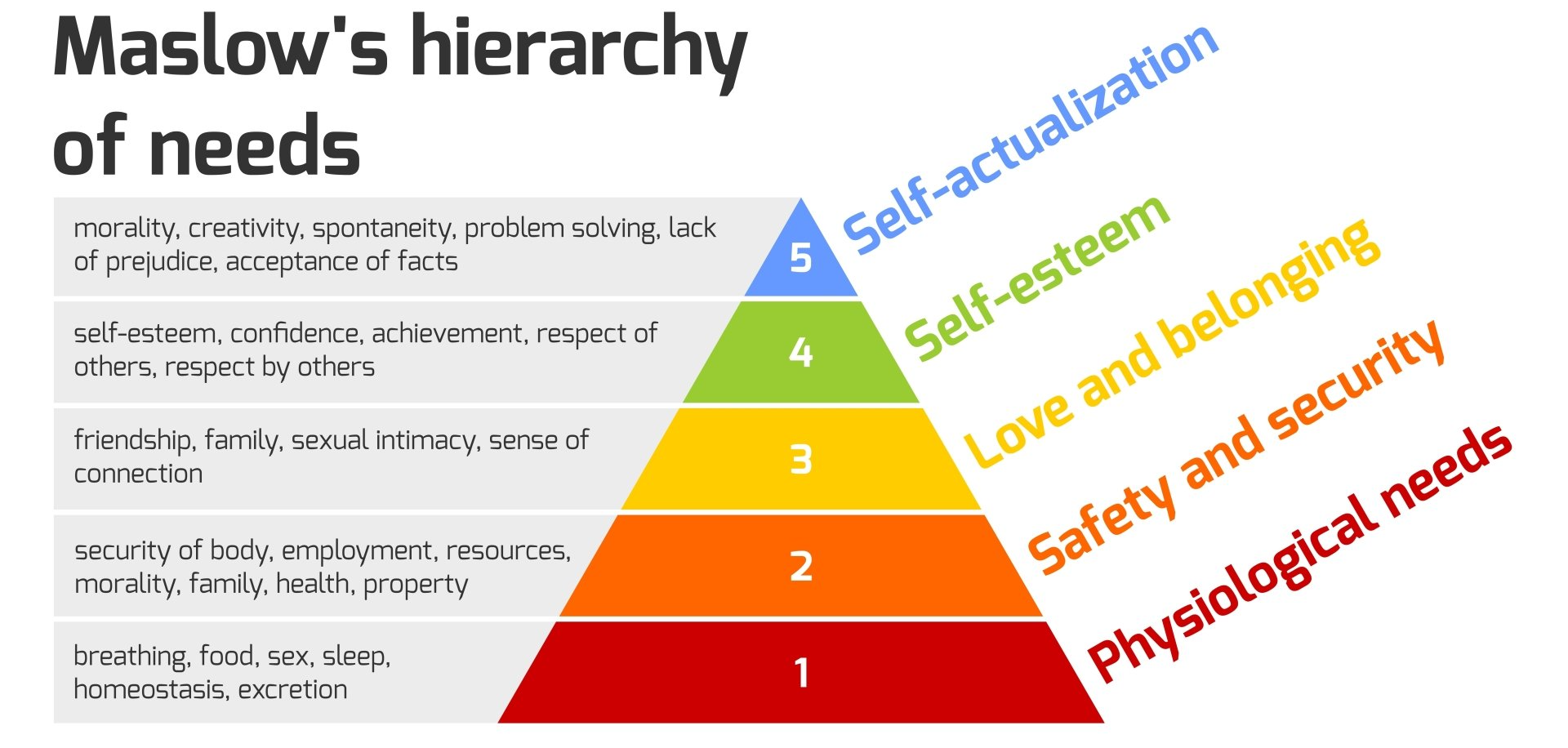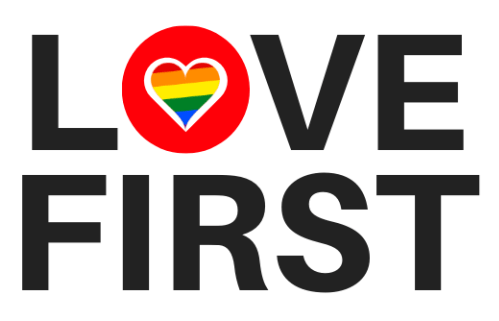NEWSLETTER ARTICLE: August 2022
Safety & Connection - Denise Brake for TRC
In Abraham Maslow’s Hierarchy of Needs, connection, love, and belonging are the third tier of needs after our survival requirements of food, shelter, water, etc. and safety. We all desire and need a sense of safety and control in our lives. When a person has experienced trauma, that sense of safety can be damaged as we move forward in life, and in turn, it can affect our ability to connect with others.

